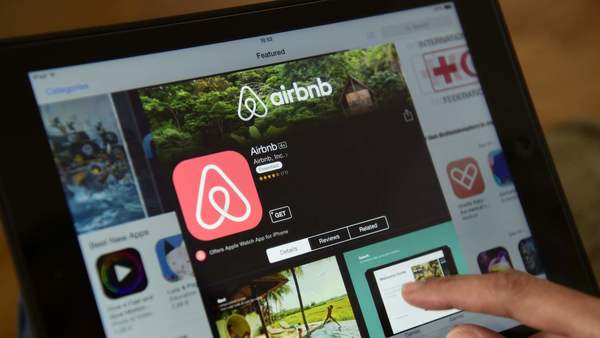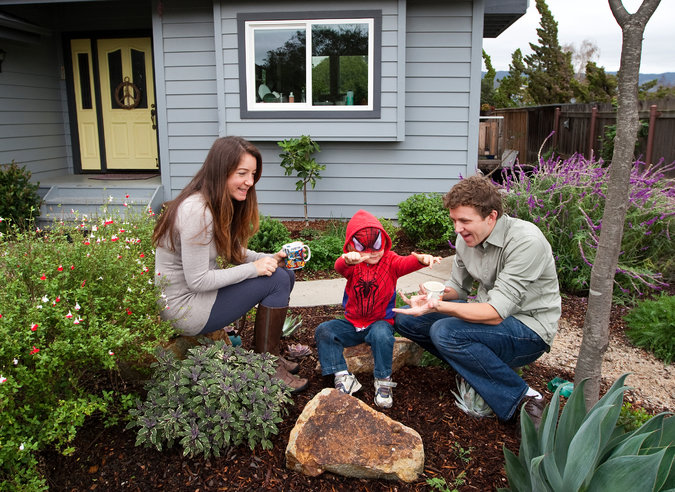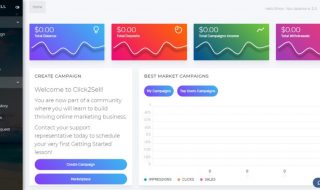
Although it’s only 2016, technology has shown some remarkable leaps forward over the past decade, and life is starting to look a little more like science fiction every day. Highly sophisticated drones are buzzing around over our heads, driverless cars are becoming more advanced every day, and the internet of things is poised to turn houses all over the world into robotic comfort-nests. Even things like the taxi business have been revolutionized by Uber, and holiday accommodation has been warped completely by Airbnb. One other industry that’s being changed dramatically by the progress of tech is insurance. Though it may not be the most exhilarating niche in the world, these changes have the potential to affect everyone! Here’s a look at where insurance is now, and where it’s expected to go.
Modern Insurance
First of all, let’s have a brief look at the changes the insurance sector has seen over the past decade or so. Just like any niche, the internet explosion in the late nineties and early noughties has totally warped the insurance industry. Through the bulk of the 20th century, insurers were overloaded with information from a variety of sources, and the methods for entering and cataloging this information were primitive and unreliable. It was only as software became more sophisticated and tailored to the industry that insurance companies started using it to run more efficiently. Agency management software has allowed insurers to record their client contacts, transfer risks from place to place in a system, apply to multiple carriers and sell on any of their non-renewing policies.
These early features have lain way for developments which mean the insurers have to do even less work, such as the automation of claims management. The social media boom of more recent years, combined with the growing prevalence of mobile devices within all businesses, has also changed the way that policyholders expect to be handled by the customer service teams of any insurer. Here, we’re seeing a phenomenon that’s been studied and discussed for years, in all facets of modern business. As software has made businesses more efficient, and social media has made them more accountable, our standards as consumers have shot up dramatically. However, there’s another niche which has had more of an effect on insurance than any other…
Share and Share Alike
If there’s one development that’s made a splash in the insurance industry, then it’s the advent of what we call “the sharing economy”. This refers to all the modern platforms out there which allow people like you and me to capitalize from the things we own – usually property or cars. While this has made a lot of people a lot of money, the launch of these companies immediately presented some glaring insurance issues. Airbnb is one of the most prominent examples of this. There are countless people out there who have homeowner’s or renter’s insurance which doesn’t give them liability cover. If one of these people decided to sign up to Airbnb as a host, and their insurer found out, their policy would probably be canceled.

A Liability Risk for Airbnb Hosts
However, the boom of these kinds of sharing platforms have given rise to various solutions. It’s now much easier to purchase umbrella policies, which cover a much wider range of issues. Airbnb themselves kit their hosts out with protection coverage and their own guarantees. While these only provide you with secondary protection, they’re evidence that companies like Airbnb certainly understand the need for extra insurance.

Insurance for Airbnb hosts: Allstate to sell home-sharing coverage
If Airbnb had simply left all their users out to dry, I’m sure they wouldn’t have grown as much as they have now! Uber, as well, had a pretty big hole in its system. An Uber driver would be covered by the company when they were driving a customer, and their own auto insurer when they were off the clock, but no one when they were just looking for a customer! Because they could have their coverage canceled by making certain claims, Uber drivers had to rely on getting a lot of fares to build up a kind of safety buffer. While these kinds of issues are still widespread, more and more insurers are starting to sell policies to patch over the various gray areas.
While the sharing economy has already made its mark on insurance, another, larger industry is poised to undergo a massive technological shift, which will completely warp the way that the insurance industry meshes with it forever. As you’ve probably guessed, I’m referring to the auto industry, and the rapidly developing niche of driverless cars. When these remarkable vehicles become commonplace consumer products, a massive part of the regular insurance equation is going to be removed. From the removal of drivers, we’ll be left to wonder who exactly is liable for damages in certain situations, and what auto insurance policies are actually able to cover you for. Various industry analysts have predicted that auto insurance premiums will drop significantly with the emergence of driverless cars. As you can imagine the lawmakers have already began their preparations for the legal challenges of self-driving cars.

What Uber, Lyft Drivers Need to Know About Ridesharing Insurance
Some have said that this will be as much as 60 percent in 15 years as the machines take over and road accident rates plummet. Of course, there will be greater insurance needs when it comes to businesses that use fleets of commercial vehicles, and the even more complex scenario of ride sharing businesses which send out driverless cars. We’re only coming up to 2017, and driverless cars certainly aren’t going to be produced en masse for a long time yet. However, this technology is certainly on the way, and insurers are going to have to adapt to it before it really hits the market.
Insurance of Things
The internet of things is another technological niche which is poised to change the way we think about insurance significantly. These days, breaches that remove our sensitive data and let them fall into the wrong hands are a massive issue. While it’s only really business owners who have taken steps to formally insure themselves against it (with things like data breach insurance) there’s an increasing need for these kinds of policies to be distributed to consumers like you and me. These days, more devices are able to connect to the internet than ever before, and as the so-called “internet of things” begins to swell and expand, most of us are going to be piling private data onto various cloud platforms, essentially dangling it in front of hackers and other criminals and tempting them in! It won’t take too many private breaches before insurance for it becomes pretty much a given. Without this, a large enough breach can completely bankrupt a business just through the restitutions they have to pay! Right now, of course, the points through which data can be accessed are relatively few. This is all about to change!

Top 8 Insurance Internet of Things Projects
From mobile devices to children’s toys to kitchen appliances and so much more, we’re soon going to be living in a world where everything has a computer in it, and they’re all talking to each other in a convenient, but potentially dangerous way. Without the right insurance, you could be running a massive risk. While no one likes paying more for something they need, the cost of this insurance may be balanced out by the lowered prices of other insurance. Safer vehicles mean lower car insurance premiums, and as houses become more self-sufficient the cost of home protection is also expected to drop.
There you have just a handful of the ways that the constant progress of technology is poised to change the insurance industry forever. While you may not need to adjust your home budget right now, these developments are certainly on their way, and it may be a good idea to plan ahead!





